
Career and Personal Development
Current VPCAT Senior Mentors
Welcome to our Current VPCAT Senior Mentors page. Here, we recognize our dedicated VPCAT senior mentors who provide intensive mentorship and support to scholars to achieve their career goals. These experienced mentors profoundly shape the journeys of our scholars. A printable version is located here.
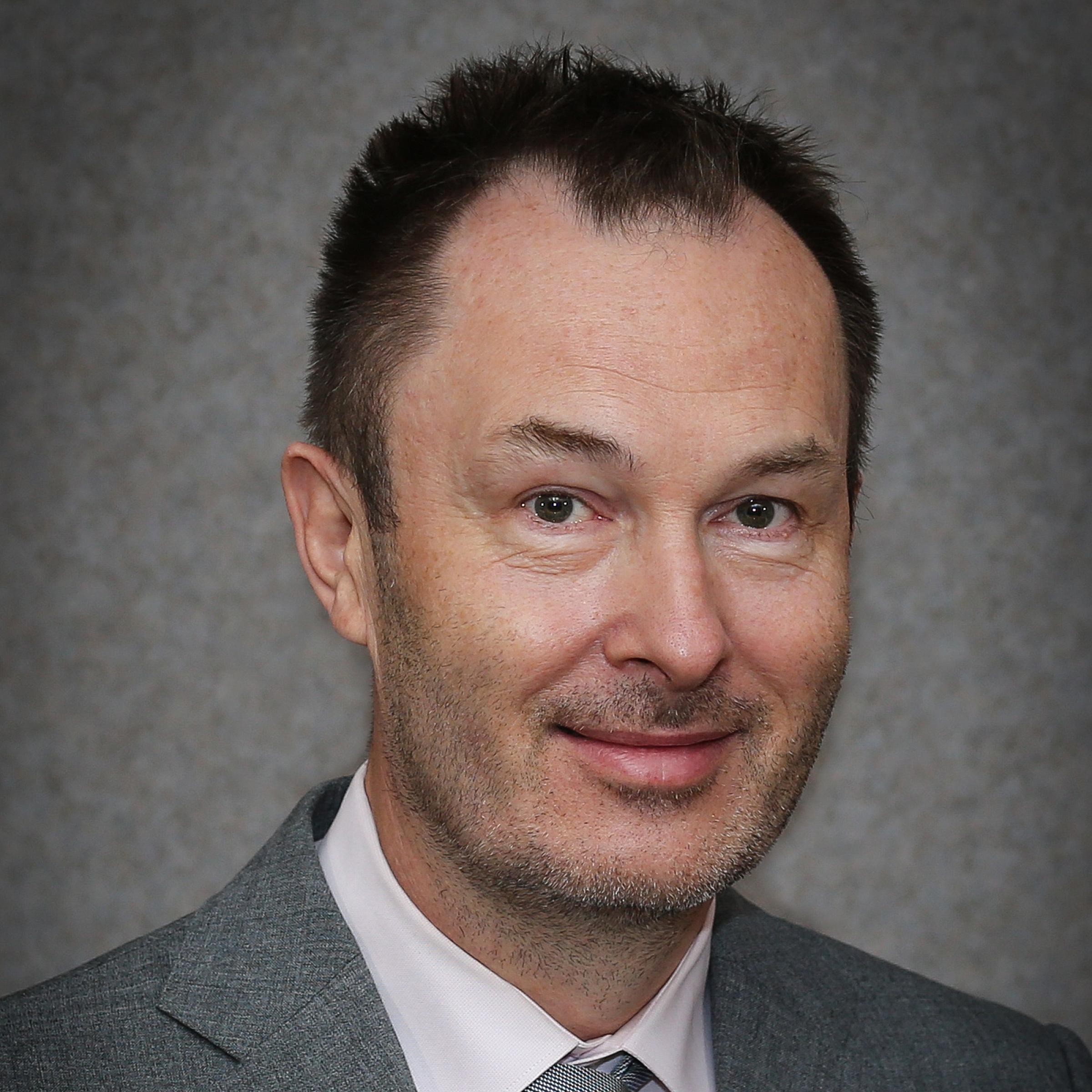
Michael H. Andreae, MD, PhD, MSc
Title: Professor, Department of Anesthesiology | Adjunct Professor, Department of Biomedical Engineering
Email: michael.andreae@hsc.utah.edu
Born and raised in Munich, Germany, I became a Professor of Anesthesiology at the University of Utah in 2021 after serving as faculty at Mount Sinai, Albert Einstein in New York and Penn State. I completed my medical degree in Germany (Bonn, 1994), spent time in Kyoto, Japan as a Monbusho Scholar, earned postgraduate degrees at Imperial College, London (1996), Columbia University (2015) funded through NCATS/KL2 mentored research training, an eMBA at Penn State (2020), and a PhD in Freiburg, Germany (2022). Clearly, I am the perennial student…
The spectrum of my interest and methods is broad: Most recently, funded through the AHRQ (PI Weinger, 5R18HS026158), we studied clinician decision making during simulated medical crises; on a multi-center project, funded through the NCATS/CTSI-Cores program (PI Andreae, UL1TR004409), we investigated patient prejudice towards minoritized clinicians. We are resubmitting an R01 proposal investigating individual clinician equity metrics in a large electronic health registry. I am also an active scientific reviewer, including serving as a scientific reviewer for the PCORI’s Phased Large Awards for Comparative Effectiveness Research (PLACER) panel.
What I enjoy most about mentoring is the bidirectional learning experience. As the mentor, I learned so much from my junior colleagues. My mentees introduced me to new fields, gave me innovative ideas about new methods, taught me how to teach better and work more effectively. For instance, through my mentee, I became interested in the impact of air pollution on perioperative outcomes. Most of all, I got to know interesting people in ways I might not have expected. Many of my mentees went on to win NIH, foundation funding, and mentored research training and we now continue to collaborate at eye level.
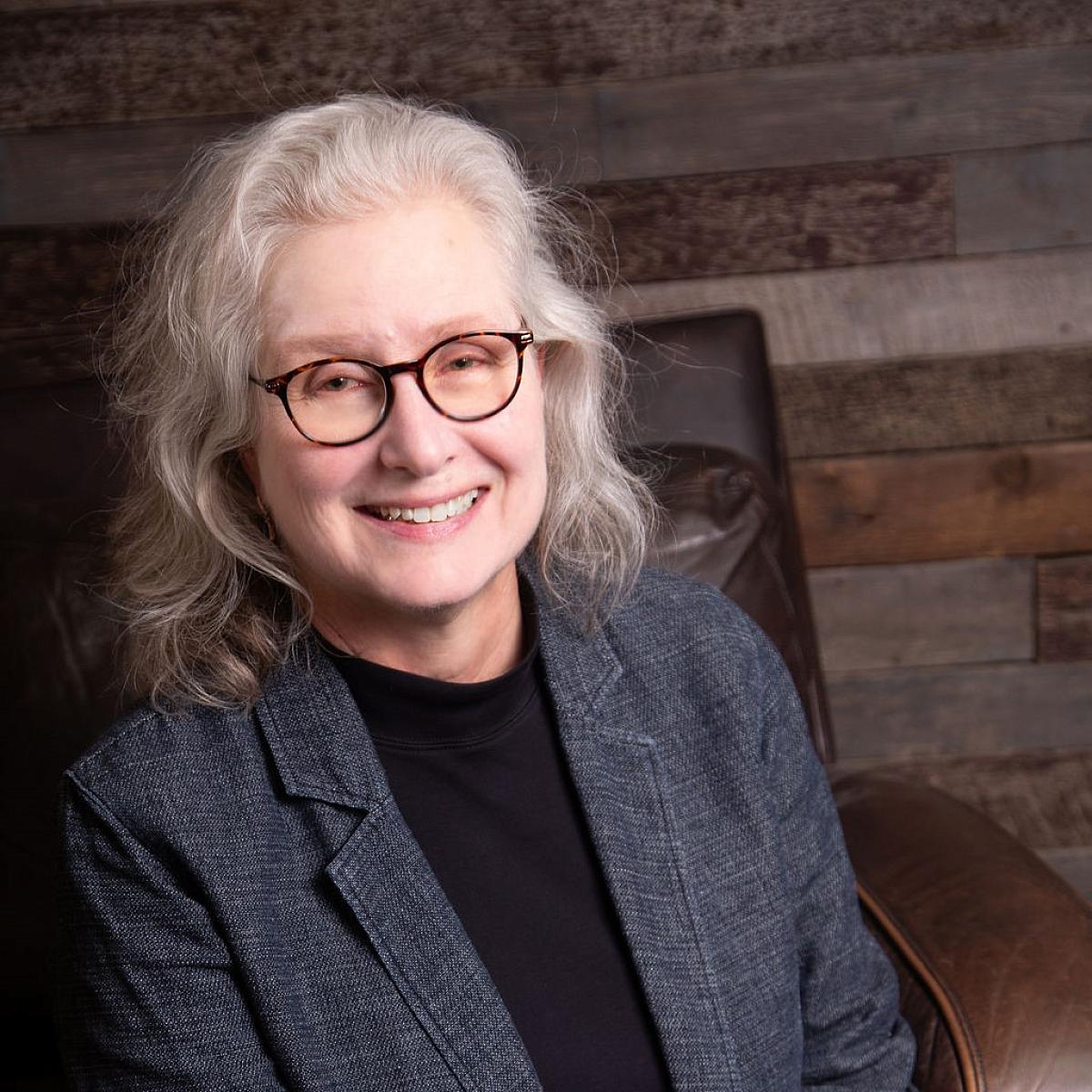
Lisa G. Aspinwall, PhD
Title: Professor, Psychology | Member, Cancer Control and Population Sciences Program, Huntsman Cancer Institute | Member, Center for Genomic Medicine | Member, Consortium for Families and Health Research
Email: lisa.aspinwall@utah.edu
As a social and health psychologist, I study how people think about their future health, particularly opportunities to proactively manage genetic risk through prevention and early detection. My basic and translational work in this area has been funded by NSF, NCI, and UCEER. As past chair of the Department of Psychology and a VPCAT Senior Mentor since 2019, I have mentored many junior faculty in the preparation of their initial grant submissions, including multiple career development awards. I have been a primary scientific mentor to one K-awardee and an American Cancer Society Research Scholar. I am a local and national advocate for LGBTQ+ scholars and scholars with disabilities.
I enjoy teaching and mentoring. I've benefited from outstanding mentoring, and look forward to the opportunity to help VPCAT scholars assess their priorities, navigate academia, and reach their goals – without burning out. I can also advise on main campus RPT issues and ways to communicate about the programmatic and translational value of one's work to a broad interdisciplinary audience.
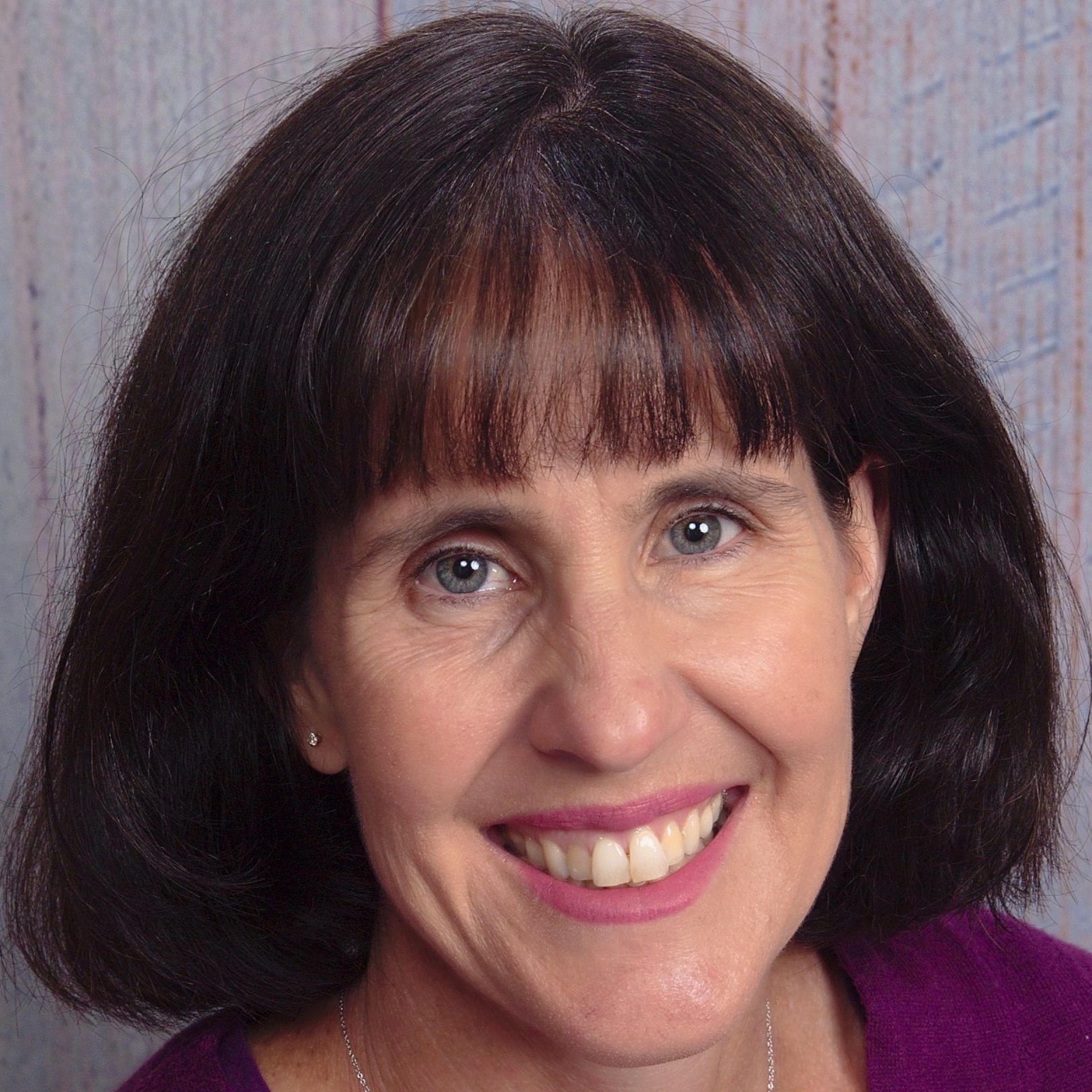
Anne J. Blaschke, MD, PhD
Title: Professor & Chief, Pediatric Infectious Diseases | Vice Chair of Faculty Development, Department of Pediatrics | Associate Program Director, Pediatric Infectious Diseases Fellowship Program | Director, Molecular Microbiology Laboratory
Email: anne.blaschke@hsc.utah.edu
I am a pediatric infectious diseases physician and translational researcher in the area of new diagnostics development and implementation as well as comparative pathogen genomics. My work involves contributions from industry, clinical and basic scientists.
As a junior faculty member, I received outstanding mentorship through the Pediatric Clinical and Translational Scholars Program in the Department of Pediatrics. Since 2014, I have served as a Senior Mentor for the University’s VPCAT Research Scholars Program. I enjoy working with junior faculty from across the U Health Campus actively involved in research. I think that a supportive mentoring environment is critical to success and happiness in academics, and want to give back to the U Health Community which has been very supportive of my work and goals.
As a mentor, I meet regularly with my mentees to discuss approaches to research, academics, and balancing obligations. I am happy to read and provide feedback on research proposals.
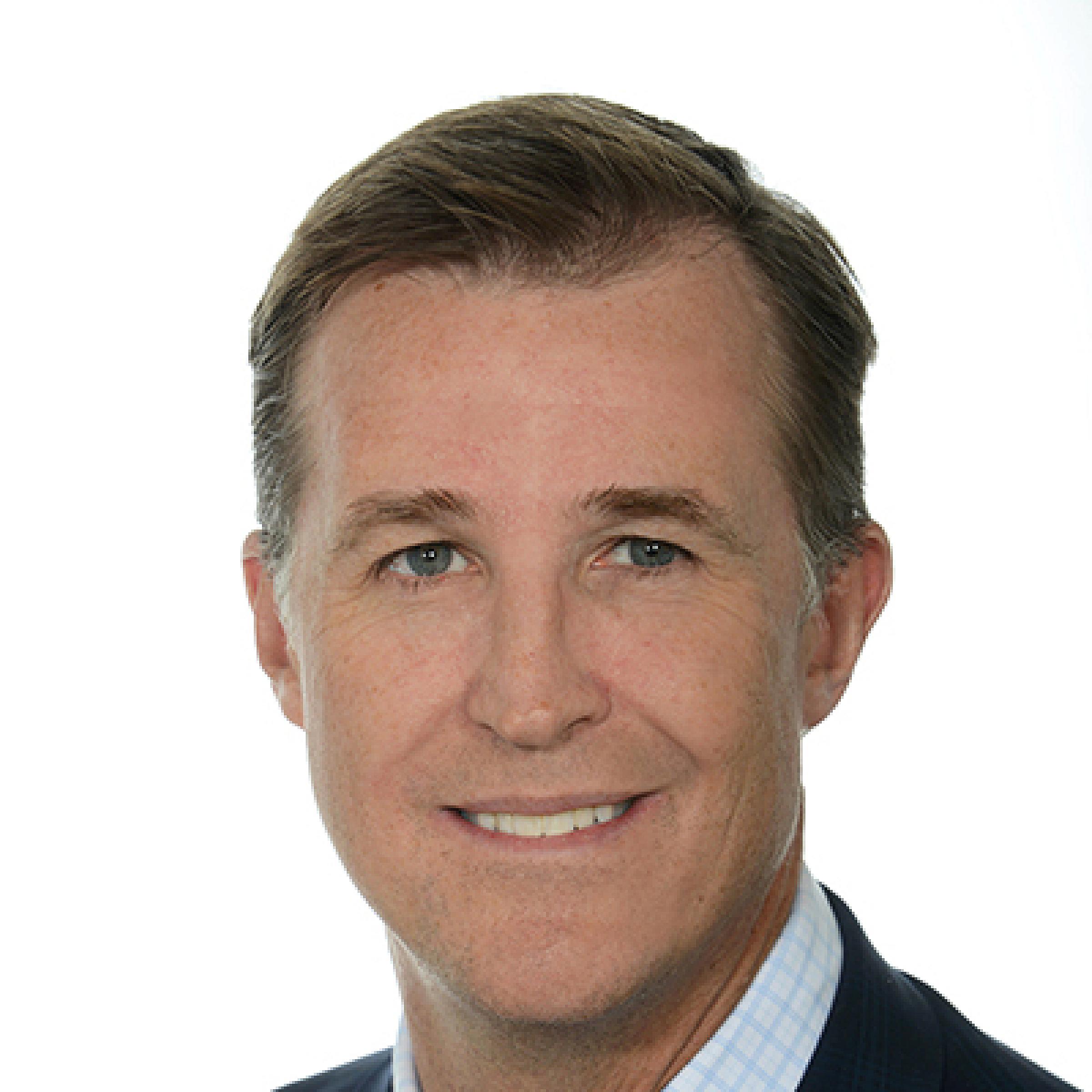
Benjamin S. Brooke, MD, PhD, FACS
Title: Professor & Chief, Vascular Surgery | Section Chief, Health Services Research Section, Surgery | Director, Utah Intervention Quality and Implementation Research (U-INQUIRE) Group | Co-Director, Surgical Population Analytic Research Core (SPARC) | Adjunct Associate Professor, Population Health Sciences & Biomedical Informatics
Email: benjamin.brooke@hsc.utah.edu
I am an Associate Professor of Surgery, the Chief of Vascular Surgery, and an investigator in the VA SLC Specialty Care Center of Innovation and IDEAS 3.0 COIN. I lead the surgical health services research efforts at both the University of Utah’s Department of Surgery and the VA Salt Lake City Health Care System, and I am the Chief of the Health Services Research Section and director of the Utah Intervention Quality and Implementation Research (U-INQUIRE) group. My research is focused on improving care coordination and patient safety during transitions of surgical care, which has been funded by grants from PCORI, NIH, VHA, and others.
As a VPCAT graduate, I know full well how valuable the program can be for early career faculty. My success is due in part to the knowledge, mentorship, and training I received while in the program. I am honored to now serve as a VPCAT mentor who will take every opportunity to support your successfully transition to independence.
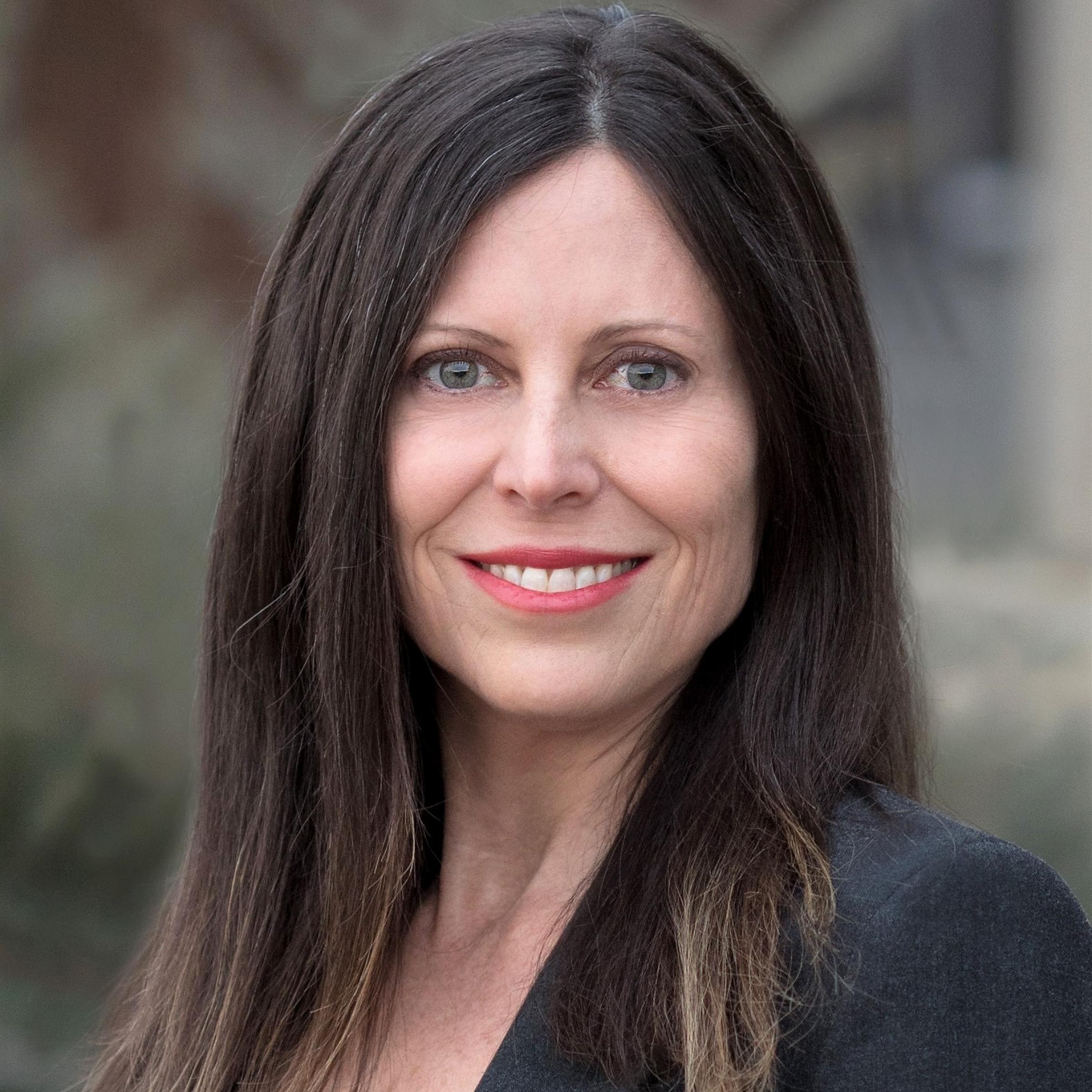
Mollie R. Cummins, PhD, RN, FAAN, FACMI
Title: Professor, Nursing | Jon M. Huntsman Presidential Chair | Adjunct Professor, Biomedical Informatics
Email: mollie.cummins@utah.edu
I’m a biomedical informaticist and a nurse. My program of research is interdisciplinary and encompasses data science, exposure health informatics, and digital health. Over the years, I’ve worked with several trainees from a variety of disciplines, including students and junior faculty from nursing, biomedical informatics, medicine, and pharmacy. All these individuals have contributed their unique perspectives and strengths to our work. It is deeply gratifying to see trainees advance in their careers and go on to contribute in truly meaningful ways. I wanted to serve as a VPCAT mentor because I’ve seen the difference it has made in developing our junior faculty. I value the program and I want to contribute to its success. I know that I will learn a great deal in the process.
My mentoring approach grows from the mentee, their goals, priorities, strengths, and challenges. I don’t believe any single mentor can meet every need and so I strive to serve as a “home base,” offering guidance and expertise from my perspective but also calling attention to areas where the expertise of others is important and connecting mentees to the right resources. I tend to be very invested and sometimes find myself working with individuals far beyond departure from the university.

Micah Drummond, PhD
Title: Professor, Physical Therapy & Athletic Training | Adjunct Professor, Department of Nutrition & Integrative Physiology | Adjunct Professor, Department of Pathology | Adjunct Professor, Internal Medicine
Email: micah.drummond@hsc.utah.edu
I am a Professor in the Physical Therapy and Athletic Training program and have adjunct appointments in Nutrition and Integrative Physiology, in the Department of Pathology, and in Internal Medicine. I have had over 15 years of NIH research funding focused on aging and rehabilitation research from bench science to clinical research. I am also the Director of Graduate Studies in the Rehabilitation Science PhD program where I have enjoyed navigating domestic and international graduate students through the program and providing career advice as they venture to their next stage in life.
One of the major reasons I continue to pursue academic research is to participate in the successes of trainees with little to no return value to myself. My career was successfully shaped by research mentors willing to invest significant time in my professional and personal life. I similarly was a KL2 scholar at University of Texas Medical Branch where I was able to leverage my training and guided by mentors to acquire a K-award and later a R-award. Because of the impact training programs and mentors have had on my life, I find it a privilege to be placed into a position where I can return the favor and impact the careers of young scientists. I have invested significant time into research training at many critical junctures of early career and young scientists. I also have partnered with intramurally and extramurally-supported training programs to mentor undergraduate and post baccalaureate trainees in biomedical research (SPUR, NARI, RUUTE, BRIDGE-UP), pre- and postdoctoral fellows (T32) trainees as well as programs to foster the development of junior faculty such as institutional career development programs (VPCAT, K12), and mid-career training programs (REACH scholars). Trainees under my mentorship have presented research at local and national meetings, published papers, received research acknowledgement and fellowship awards (F, K-awards), and have had the opportunity to write, submit and receive competitive research grants. Former trainees have moved onto medical professions, pre- and -postdoctoral fellowships, academic positions, and industry.
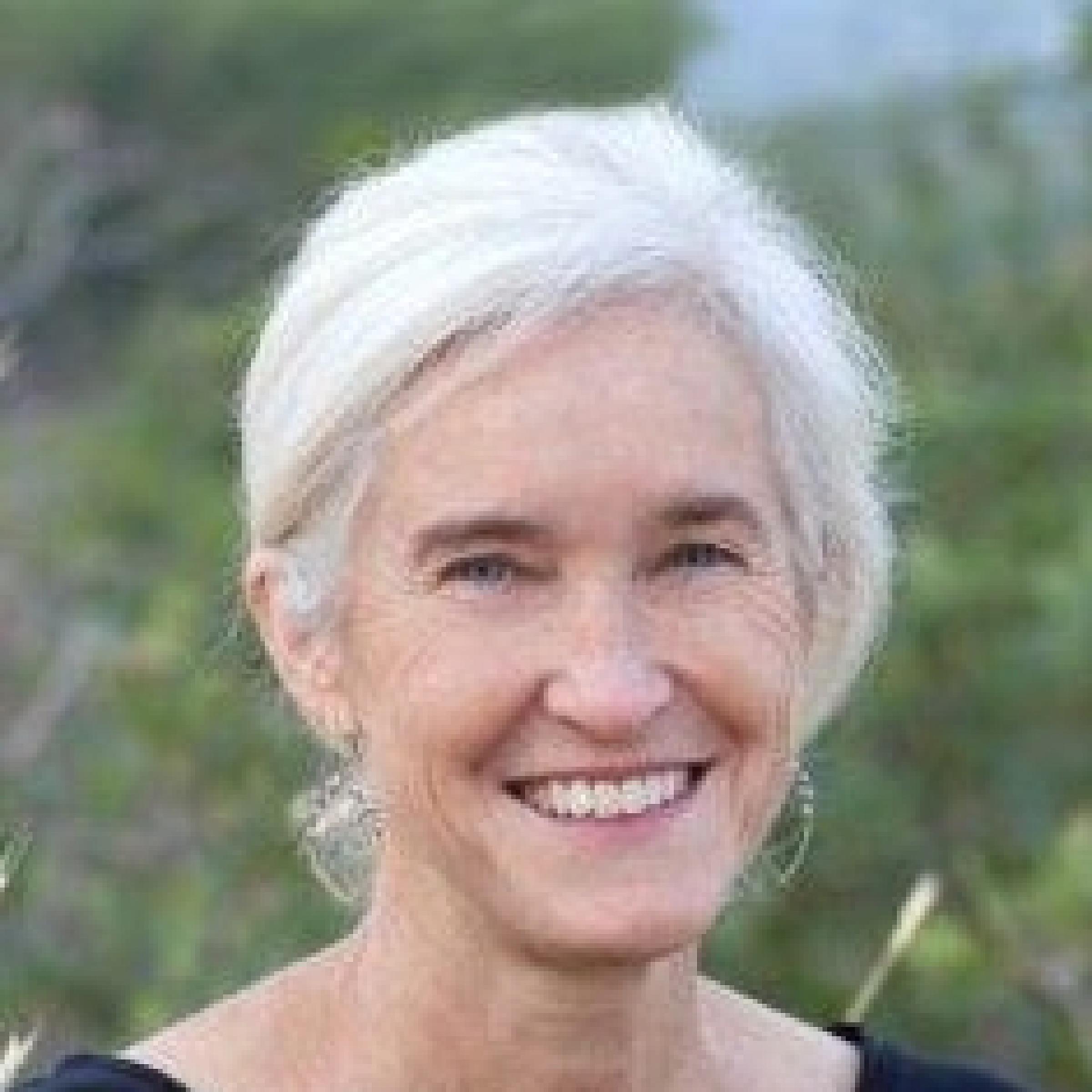
Lee Ellington, PhD
Title: Professor, Nursing | Robert S. and Beth M. Carter Endowed Chair | Director, Family Caregiver Collaborative | Huntsman Cancer Institute Investigator
Email: lee.ellington@nurs.utah.edu
Mentoring is a core value of my academic career, as well as a passion. It is exciting to collaborate with the VPCAT Scholars program and to get to know and support the careers of such promising junior faculty. I have served as a Co-Director for our T32 program, have mentored junior faculty on career awards, and have many long-term collegial relationships with former mentees. As a mentor, it is my goal to develop a deep understanding of all mentees—their goals, their motivations, and learning what challenges they face. I value synergistically creating a mentoring environment where there is a place for reflection, creation, stretching to the limits, and learning from mistakes. I believe there are times in mentoring relationships to be serious and times to laugh -- all the while steadfastly focused on goal obtainment. In addition to supporting quality science, I highly value helping mentees make connections with other mentors, potential collaborators, and to gain confidence in building and thriving in their emerging professional network.
I am a Professor at the College of Nursing, a clinical psychologist, and the founding director of the Family Caregiving Collaborative. My program of research is focused on supporting the needs and wellbeing of family caregivers with a particular emphasis on effective communication with the healthcare team. I have over 20 years of continuous funding as a PI from federal and national foundations, including NCI, NINR, NIA, and the American Cancer Society.

Adam L. Hersh, MD, PhD
Title: Professor, Pediatrics | Andrew Pavia Endowed Chair for Pediatric Infectious Diseases | Co-Founder and Board Member, Sharing Antimicrobial Reports for Pediatric Stewardship (SHARPS)
Email: adam.hersh@hsc.utah.edu
I am excited to serve in the VPCAT program as a mentor. I have extensive mentorship experience with clinical and research fellows and junior faculty. My approach to mentorship includes emphasizing development of technical skills for success in academia along with helping to nudge mentees towards high value opportunities that involve collaboration and network building.
My clinical interests include all aspects of the diagnosis and treatment of infectious diseases among patients ranging from infants to young adults. My research interests include health services research and clinical epidemiology. My work focuses on understanding variability in the use of antimicrobials in pediatrics and developing interventions to improve the quality and safety of antimicrobial prescribing for children.
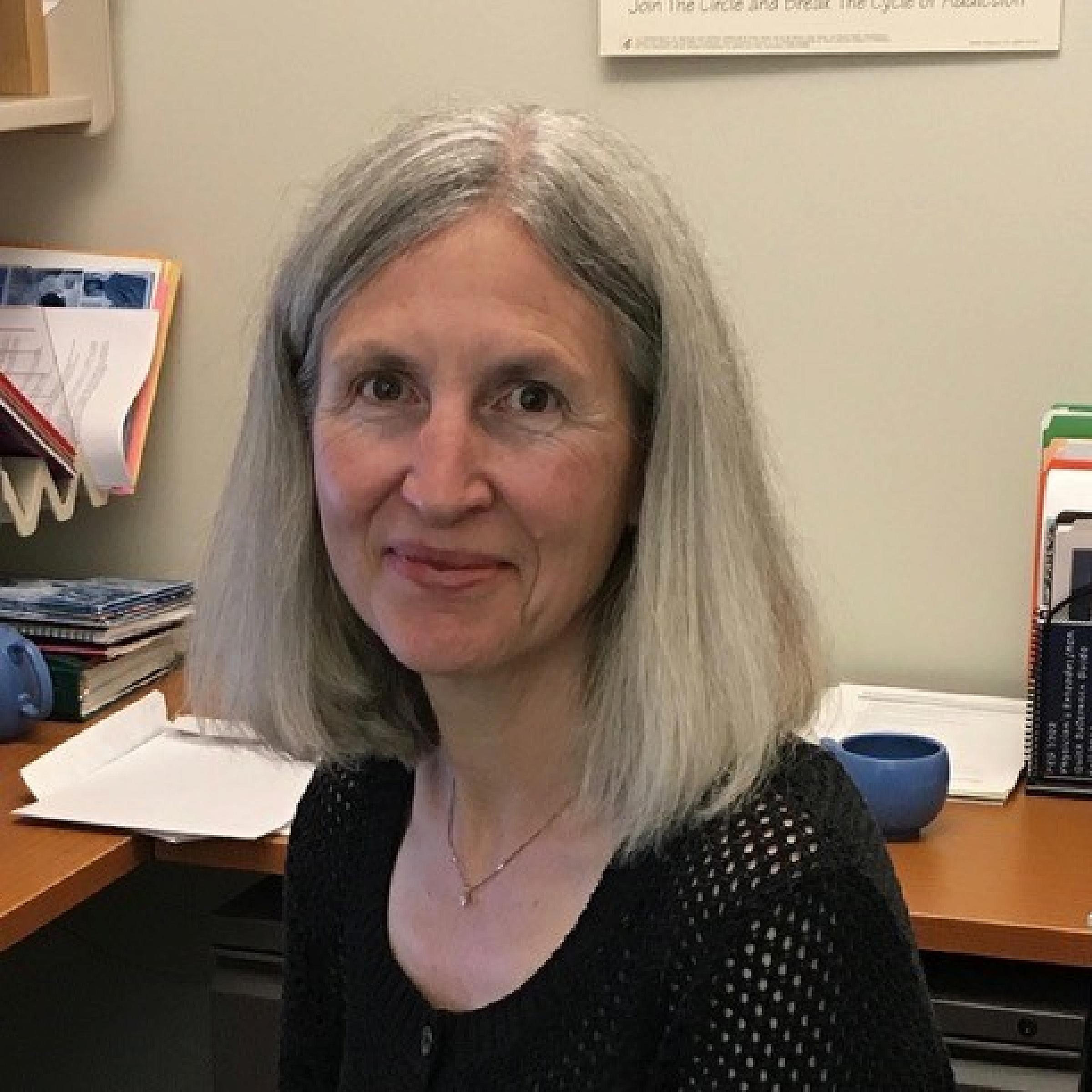
Heather T. Keenan, MDCM, PhD
Title: Professor, Pediatric Critical Care | Vice Chair for Research, Department of Pediatrics
Email: heather.keenan@hsc.utah.edu
I am a pediatric intensivist and epidemiologist. I have mentored multiple junior faculty who are writing for their first extramural funding. I mentor three current K-awardees.
I enjoy mentoring for VPCAT because the scholars are smart and interesting people who are very motivated to do excellent work. This makes working with them a pleasure. I also enjoy the variety of disciplines represented by the VPCAT scholars.
I try to help mentees define their goals and establish a plan for achieving them.
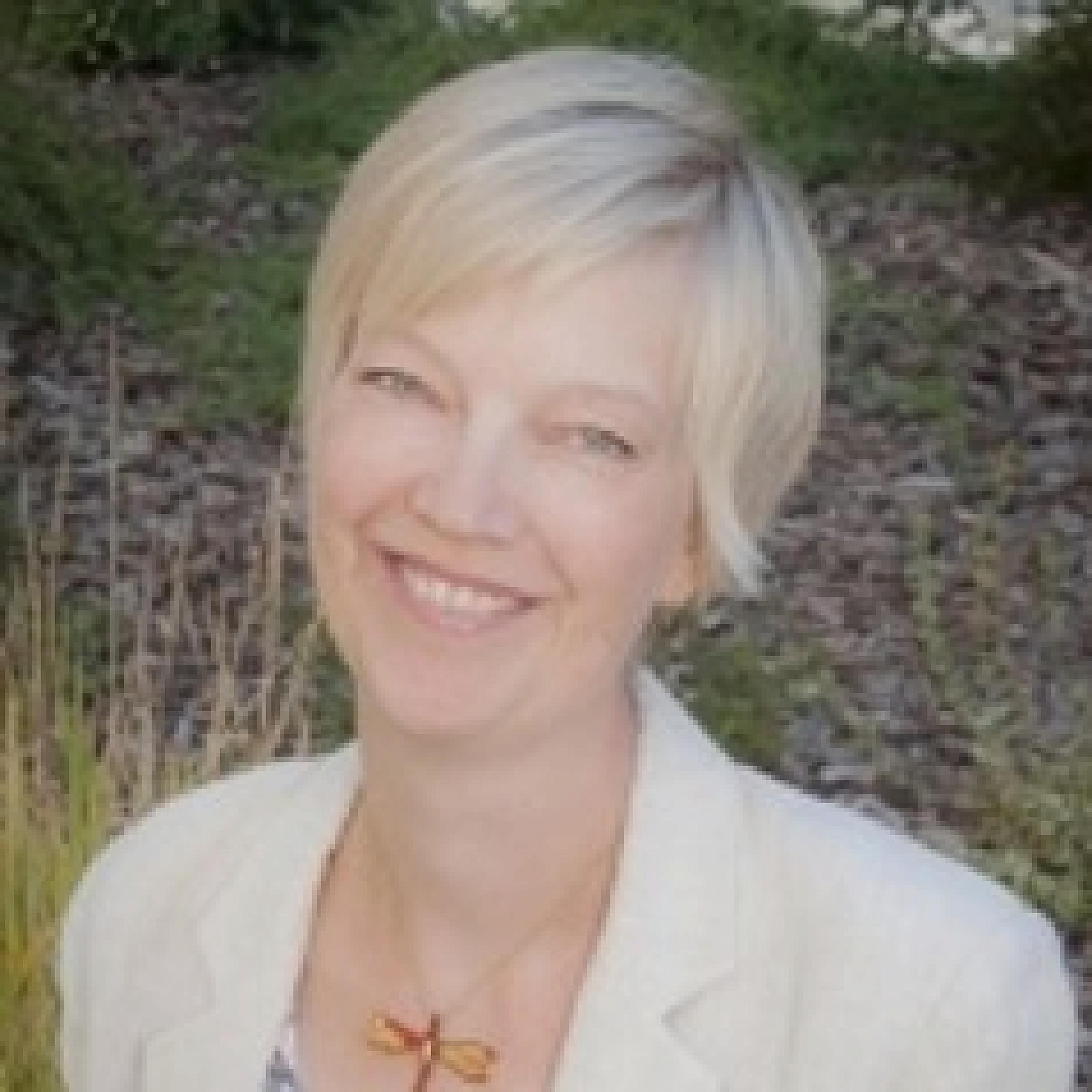
Jennifer J. Majersik, MD, MS
Title: Professor & Vice Chair of Faculty Development, Neurology | Chief, Division of Vascular Neurology | Director, UUH Stroke Center | Co-Director, Utah Clinical and Translational Science Institute (CTSI) | Associate Dean, Clinical and Translational Science
Email: jennifer.majersik@hsc.utah.edu
I am a VPCAT mentor because one of my passions is to help junior faculty thrive. I mentor across career levels, which includes VPCAT, fellows and junior faculty within 2 neurology trials networks (StrokeNet & NeuroNEXT), and my own neurology residents and junior stroke faculty. For fun, I mentor elementary school children in writing and science fair project development.
My mentoring philosophy is to individualize the relationship based on the mentee needs, to be an active listener, to help the mentee find their path, and be the best they can be. I will provide science mentorship for content areas in which I’m an expert and can assist in being an outside ear in areas I’m not. Mostly I provide career development guidance, helping faculty to determine their passions, understand the needs of those around them, learn the opportunities, and find a path through these sometimes competing demands. I believe in respecting all our time, thus I pre-schedule quarterly 2-month meetings requesting mentees bring an agenda. My content areas include stroke causes, treatment, & recovery; genetic epidemiology; systems of care; and clinical trials.
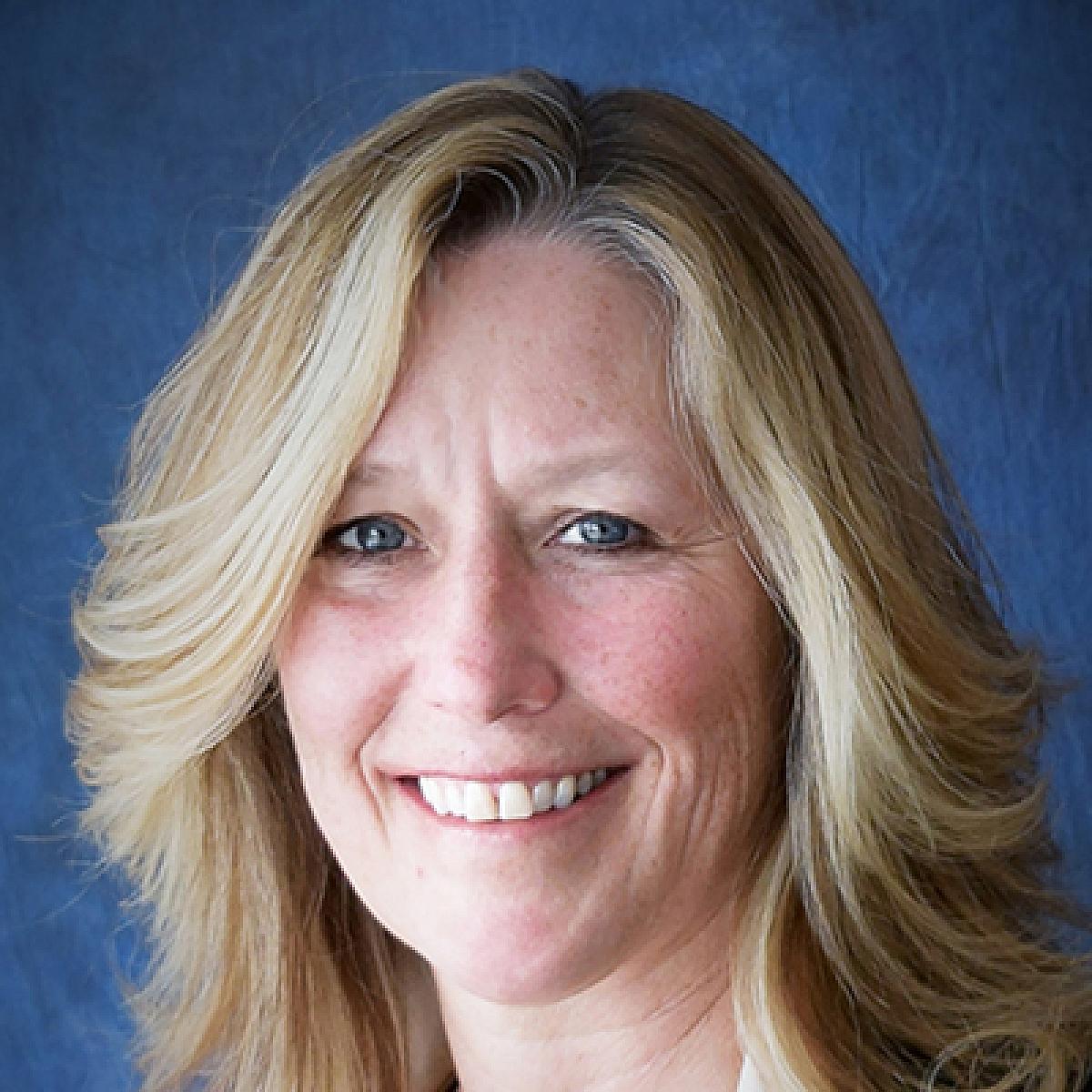
Maureen A. Murtaugh, PhD
Title: Professor, Internal Medicine | MPI, K12 Mentored Career Development Scholar Program, Utah Clinical and Translational Science Institute (CTSI) | Ombud, Spencer Fox Eccles School of Medicine | Adjunct Professor, Population Health Sciences & Nutrition and Integrative Physiology
Email: maureen.murtaugh@hsc.utah.edu
I am a nutritional epidemiologist with my primary academic home in the Division of Epidemiology, Department of Medicine. My work centers around the relationships of food consumption (diet) and chronic diseases. My lack of specific disease focus reflects my curiosity about similar and different chronic disease processes.
Many of my roles involve mentoring and teaching. I am co-director of the Utah CTSI KL2 (internal career development) program. I am one of the leaders of the R01 writing groups which help junior investigators earn their first R01 level grant. Mentoring comes in many sizes and shapes. I like to think it can be personalized to the specific situation and time.
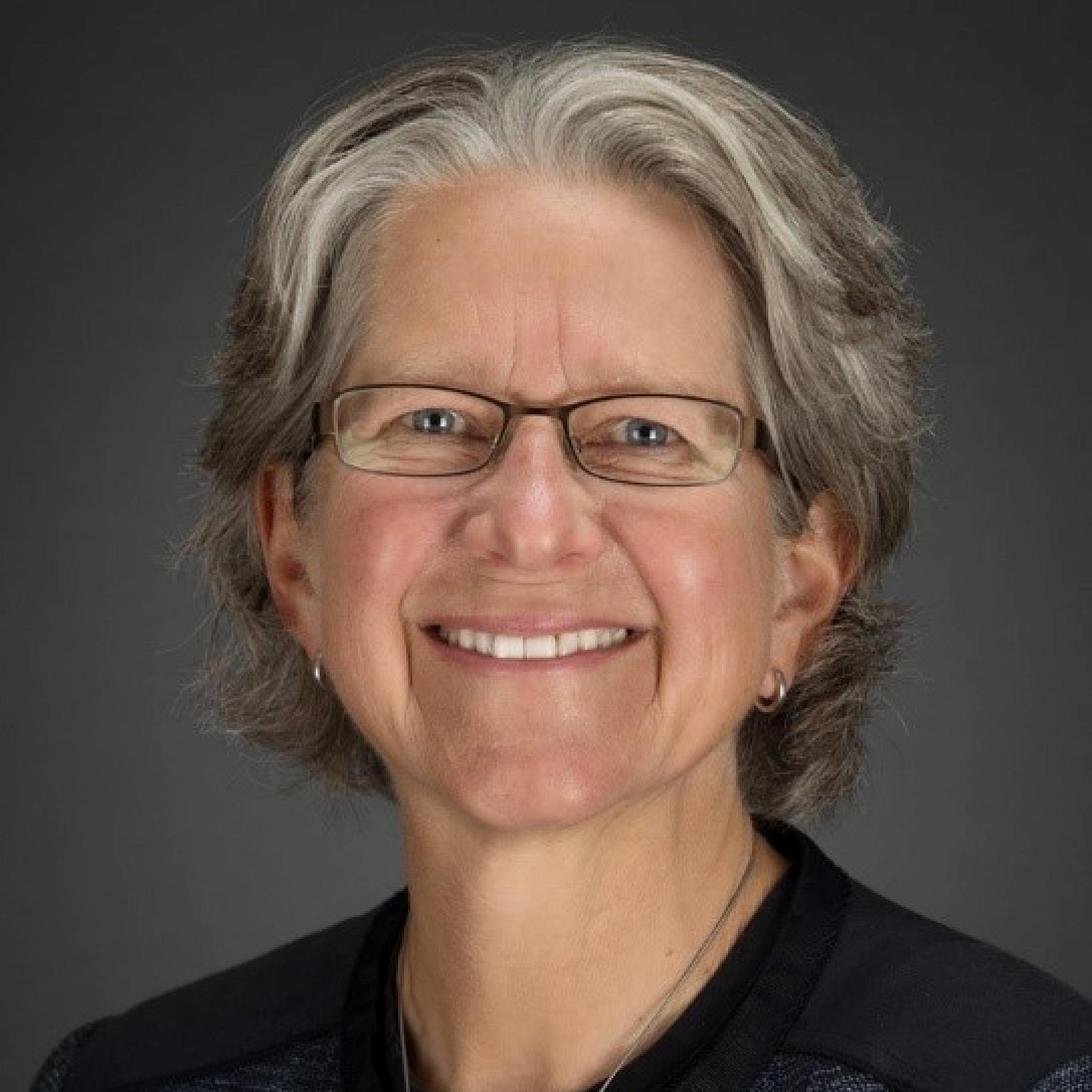
Ingrid E. Nygaard, MD, MS
Title: Professor, Obstetrics & Gynecology | MPI, K12 Mentored Career Development Scholar Program, Utah Clinical and Translational Science Institute (CTSI) | Research Director, University of Utah Women’s Reproductive Health Research (WRHR) K12 Program
Email: ingrid.nygaard@hsc.utah.edu
I am a Professor in the Department of Obstetrics and Gynecology. My research has focused on prevention and treatment of pelvic floor disorders in women and as such has run the gamut from understanding mechanisms of disease to multi-site randomized clinical trials. I’m pleased to be able to lend my expertise and experience to help new investigators succeed in what I have found to be a thoroughly rewarding career. I have mentored trainees in many capacities, including undergraduate and medical students, residents, Master, and PhD level students, career development award recipients, and junior and mid-level faculty at our institution and elsewhere. I am currently co-director of the CTSI K12 career development program and co-lead for the CTSI grant writing workshop.
I believe a mentee-mentor relationship is best driven by the needs of the mentee, which may vary over time and according to the roles of others on the mentee’s team. I am committed to providing the career and scientific guidance, advice, and structure that best optimizes a mentee’s path to career independence. I’m pleased to be one cog in the VPCAT wheel, which, with the many other cogs, does exactly that.
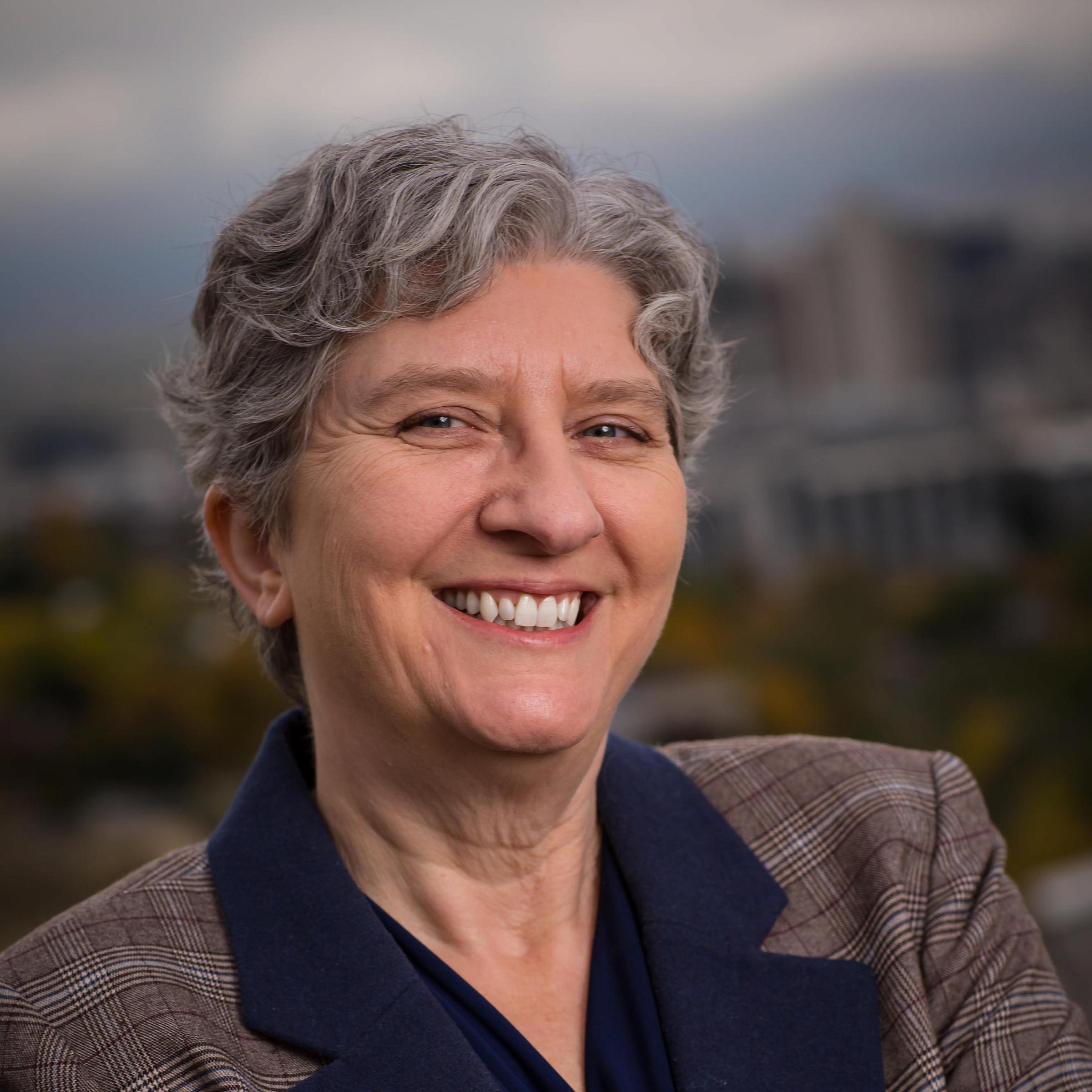
Katherine A. Sward, PhD, RN, FAAN
Title: Professor, Nursing and Biomedical Informatics | Co-Director, Center of Excellence for Exposure Health Informatics
Email: kathy.sward@nurs.utah.edu
I have been mentoring throughout my professional career, starting as a clinical nursing preceptor and evolving to peer, informal, and formal academic and research mentoring roles. Serving as a VPCAT mentor is a natural extension of the mentorship and peer support that I find so rewarding. Mentoring, to me, is a shared gift that I have found to be most successful when approached as a synergistic relationship. It becomes a process of development with both parties growing from the experience. This sometimes takes the form of a conversation in which we mutually set goals and determine strategies and solve problems. It can also take the form of experience sharing, a safe environment for exploring ideas, or simply walking the path of professional development together. I try to meet mentees wherever they are, being mindful of their goals and future careers. My current research is in the area of clinical research informatics, including clinical and translational research and the unique aspects of managing research information in special populations (e.g., pediatrics, women’s health), as well as informatics to support exposure science, sensor monitoring.
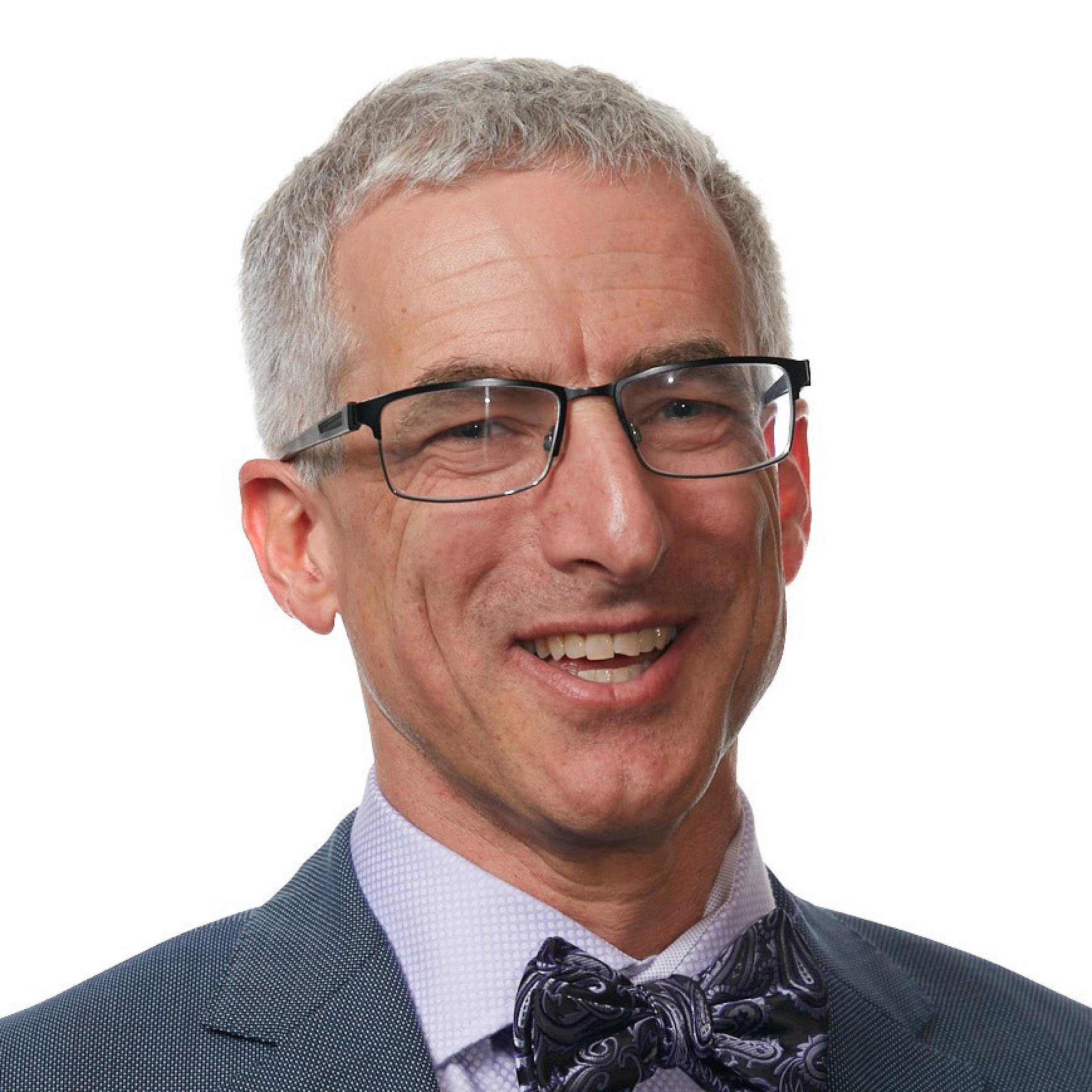
David K. Turok, MD, MPH, FACOG
Title: Professor, Obstetrics & Gynecology | Chief, Division of Family Planning | Director, ASCENT Center for Reproductive Health | Program Director, ELEVATE Training Integration Core
Email: david.turok@hsc.utah.edu
My career focus started in clinical care and, in this past decade, has transitioned to research, with research mentoring occupying a critical portion of my work. I have mentored researchers from pre-doctoral students to junior faculty, including several junior faculty members executing the goals of NIH career development awards. My mentoring efforts have received national recognition from the Society of Family Planning, the American College of Obstetricians and Gynecologists, and Medical Students for Choice.
Previously, an NICHD K24 award supported the broad range of my research mentoring efforts. At the University of Utah, I have served as the Co-Director of the University of Utah CTSI KL2 Program (2015-2020). I have spent significant effort mentoring aspiring junior faculty researchers in their K to R transitions, including creating and supporting R01 writing groups for early investigators submitting their first R01 at the University and a similar national program for the Society of Family Planning.
I lead the multi-disciplinary family planning research program at the University of Utah’s ASCENT Center for Reproductive Health. In that role, I led several multi-site randomized controlled trials and translational projects that coalesced our accumulated knowledge on improving contraceptive access. These programs have provided nearly 28,000 people in Utah with any method of contraception without cost. It is my pleasure to serve as a VPCAT mentor and play a positive role in aiding aspiring researchers lead their teams to novel and impactful discoveries.
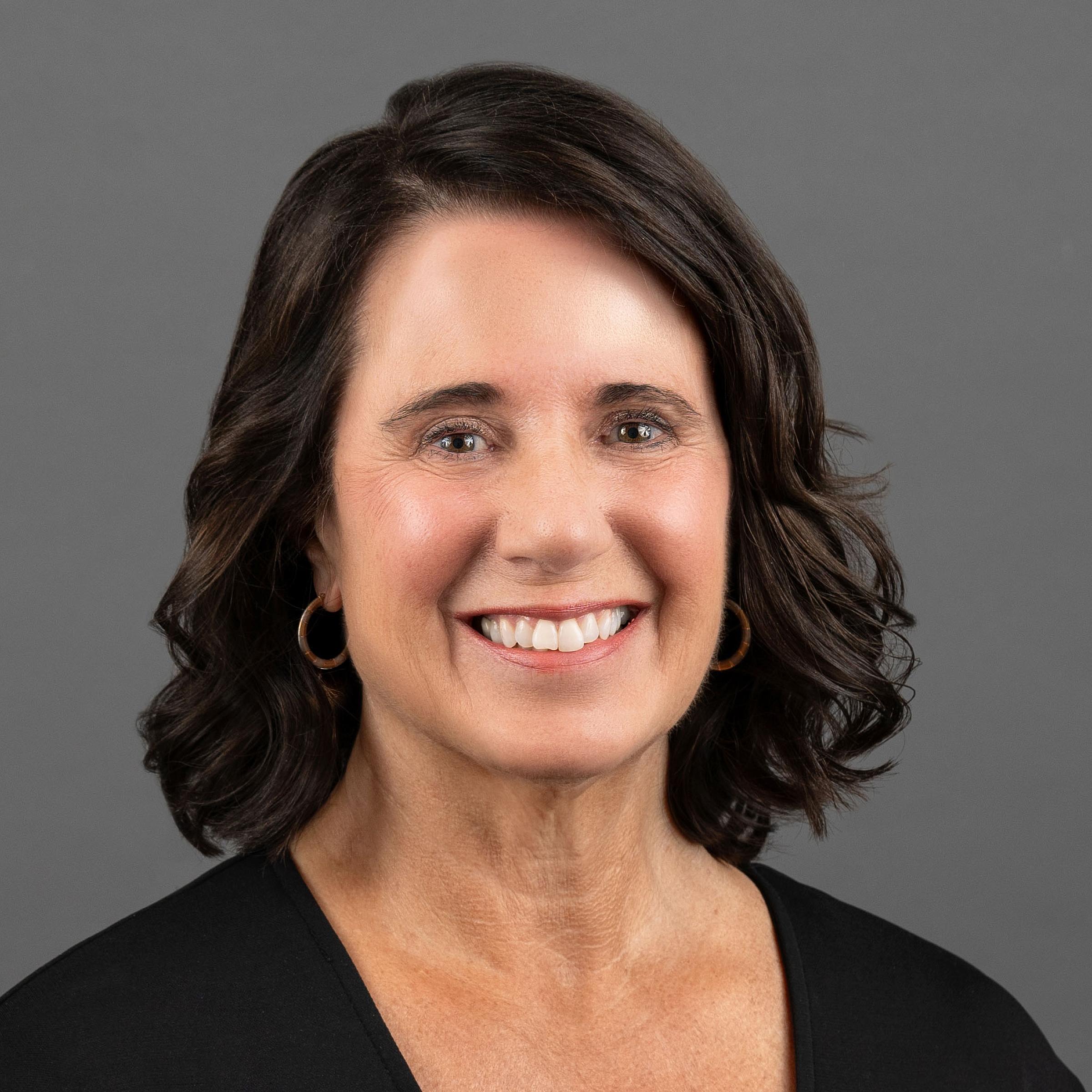
Julie L. Wambaugh, PhD, CCC-SLP
Title: Professor, Communication Sciences and Disorders | Former Research Career Scientist, VA Rehabilitation, VA Salt Lake City Health Care System
Email: julie.wambaugh@health.utah.edu
I am a speech-language pathologist, Professor Emeritus at the University of Utah, and a former VA Research Career Scientist. My research is focused on rehabilitation of speech and language disorders following stroke or other focal brain injury. I have expertise in single-case experimental design and have been funded by Veterans Affairs Rehabilitation Research & Development and NIH.
I have significant mentoring experience, both at the University of Utah and VA. I have served as a VPCAT mentor for 10 years (6cohorts) and have mentored VA Career Development Awardees, doctoral students, and master’s students. I also mentor junior scientists via several professional organizations. I am a VPCAT mentor because I consider mentoring to be an essential component of a successful research/academic career. As a seasoned investigator, I consider mentoring to be one of the most important contributions I can make. By serving as a “non-scientific” mentor, I aim to provide guidance in any aspect of career development and/or life balance that the mentee wishes.
I strive to help my mentees access needed resources and develop strategies for success. I feel privileged to be a mentor and find mentoring to be extremely rewarding.

David W. Wetter, PhD, MS
Title: Jon M. and Karen Huntsman Presidential Professor | Director, Center for Health Outcomes and Population Equity (HOPE) | Senior Director for Cancer Health Equity Science at the Huntsman Cancer Institute | Director, Community and Stakeholder Engagement, Utah Clinical and Translational Science Institute (CTSI) | Interim Chief, Division of Health System Innovation & Research
Email: david.wetter@hci.utah.edu
Mentoring has been a core value and component in my academic career. I am truly excited to collaborate with VPCAT scholars to further their work and careers. I have had the honor to serve as the primary mentor for ~35 postdoctoral scholars, many of whom are now in major leadership roles at academic institutions across the country. In addition, I have served as the primary mentor for 13 funded, NIH K/American Cancer Society career development awards. I have received several mentoring awards including the receipt of the Robert M. Chamberlain Distinguished Mentor Award and the inaugural Leading Mentor in Cancer Prevention Award while at the University of Texas MD Anderson Cancer Center.
Together, with my unique and strong collaborators, we perform research to eliminate differences in access related to cancer, chronic disease, and infectious disease through translational research. Our research efforts specifically focus on theoretical models of health risk behaviors, the development and evaluation of theoretically-based interventions, and translational research to implement and disseminate those interventions in real-world settings. We have a major emphasis on low socioeconomic status, rural/frontier, and differen groups. I have an extensive NIH-funded grant portfolio of over 25 years and over 250 peer-reviewed publications.
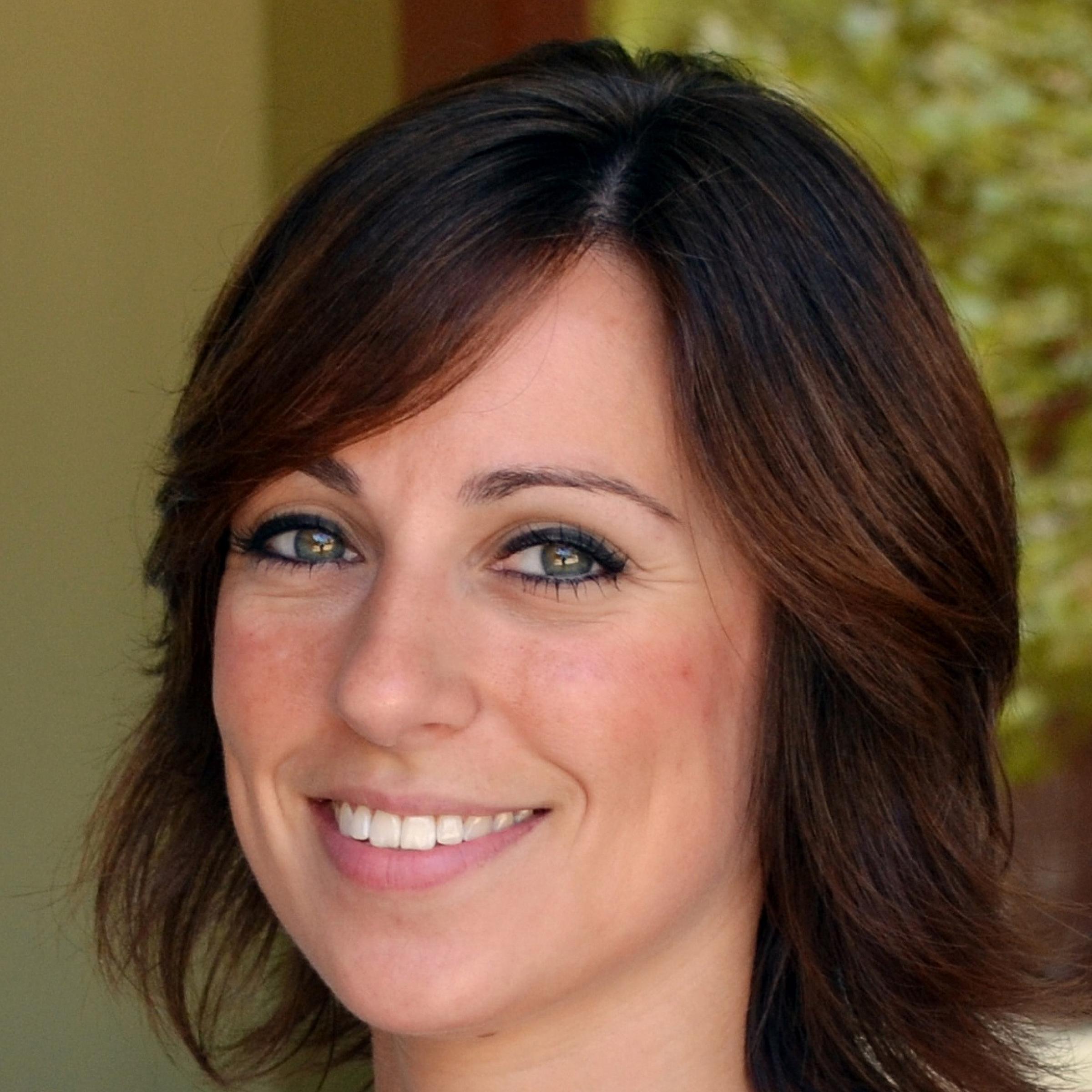
Jaclyn M. Winter, PhD
Title: Associate Professor, Pharmacology and Toxicology | Co-Director, T32 Program for Interdisciplinary Training in Chemical Biology | Scientific Advisory Board, Immunology, Inflammation and Infectious Diseases Initiative
Email: jaclyn.winter@utah.edu
Born and raised in Buffalo, I became a faculty member at the University of Utah in 2015 after receiving my PhD from the University of California San Diego and postdoctoral training at the University of California, Los Angeles. Research in my group is focused on the discovery and development of new antibiotic agents from halophilic microorganisms isolated from Great Salt Lake. Additionally, as wastewater from various treatment facilities ends up in Great Salt Lake, we are also examining how human pathogens obtain antibiotic resistance genes from natural reservoirs and study the ongoing evolution of the “resistome.” Our work is currently funded through the NIH, DoD, Margolis Foundation, and the Moore Foundation and I’m looking forward to helping mentees successfully secure funding for their own research projects and initiatives.
As a previous VPCAT mentee, I want to make sure everyone is provided the same mentorship, encouragement, and motivation that I experienced. I see my role as a mentor as an opportunity to inspire and empower mentees to discover their strengths, navigate challenges, and reach their full potential. It requires active listening to understand each mentee’s goals and concerns, providing valuable advice, and offering constructive feedback to aid in their development. I also believe that mentoring is a two-way street and I’m excited to learn and grow with my mentees.